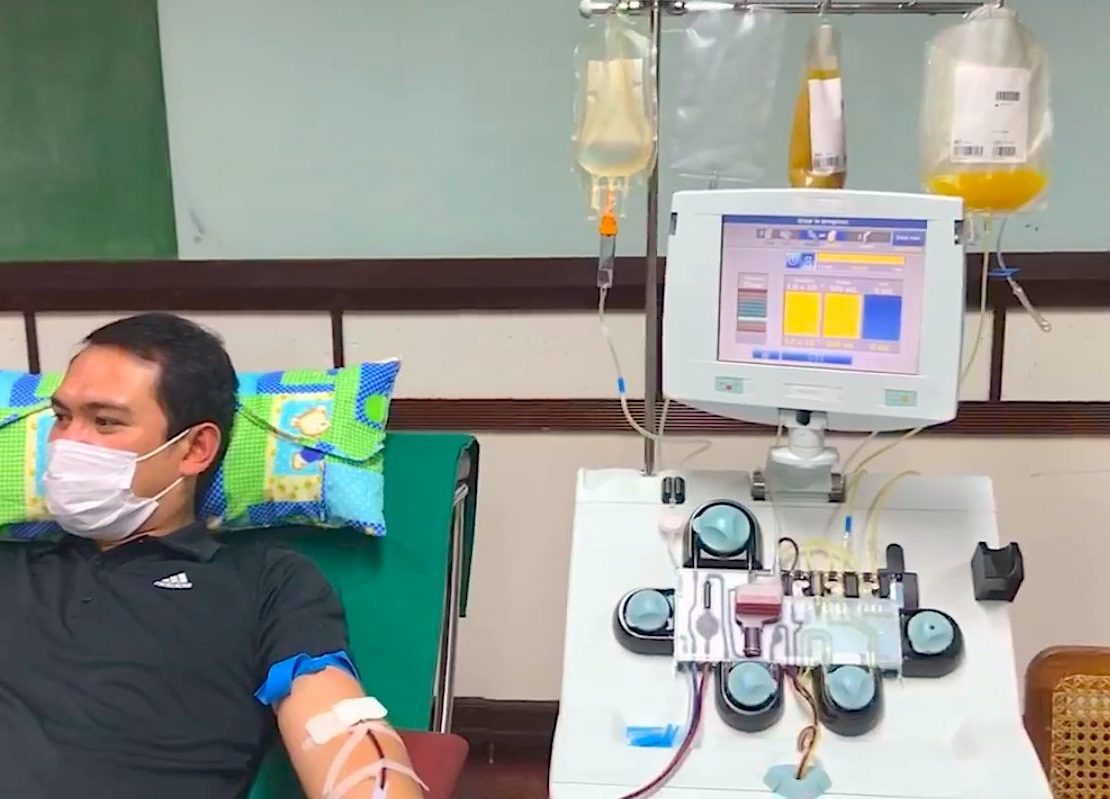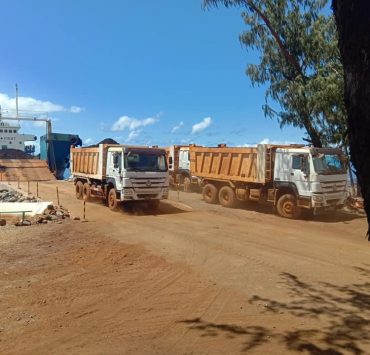During his Apr. 13 address, President Duterte said that he is likely to lift quarantine if COVID-19 antibody treatment is made available in the country.
[READ: Government to resort to debts to provide for all low-income families, Duterte said]
“Kung nandiyan na ’yong antibody, available na sa market dito and it is being sold in quantity, in number, then I’m inclined to at that time to maybe lift the lockdown,” Duterte said.
The President alludes to an antibody cure that a giant pharmaceutical company allegedly has in the works, but won’t be available to the country anytime soon as it apparently has a waitlist in which rich countries are a priority.
But what are antibodies?
Antibodies are proteins present in the blood of COVID-19 patients that indicate that after having contracted the disease, a person’s body has developed some immunity against the virus.
Two kinds of antibodies are common in COVID-19 immune response: One is produced during the early stages of viral response called IgM and another is called IgG which is found during infection.
It is for the same reason that medical experts are looking to use these antibodies to help COVID-19 patients, especially those who are in critical condition, recover.
#BayanihanNA #OnePGH
Posted by Philippine General Hospital on Saturday, April 11, 2020
One of the sources of these antibodies being tested now is the blood plasma or the liquid part of the blood sans red blood cells. According to the American Red Cross, “People who have fully recovered from COVID-19 have antibodies in their plasma that can attack the virus.”
This convalescent plasma is being evaluated as a treatment for patients with serious or immediately life-threatening COVID-19 infections, or those judged by a healthcare provider to be at high risk of progression to severe or life-threatening disease, said American Red Cross.
Whole blood flows into the machine, centrifuged to separate the plasma, and the rest of the blood components are returned to the body.
Posted by Thad Hinunangan on Thursday, April 9, 2020
Local adaptation
In the country, Philippine General Hospital has encouraged those who have survived the disease to donate blood, from which plasma will be derived and administered to critically ill patients.
Gave my plasma and it went straight to a hospital in QC to a man on a ventilator- a severe case of COVID19. My wonderful…
Posted by Sonny Angara on Sunday, April 12, 2020
According to Dr. Francisco Lopez, a hematologist and the head of the St. Luke’s Medical Center’s bone marrow transplant program, convalescent plasma has long been used to treat patients with SARS, MERS-CoV and Ebola because it is rich in antibodies.
Lopez, citing a study done in China, told Inquirer that critically ill patients in China who were given COVID-19 convalescent plasma were able to get off the ventilator after roughly 14 days.
Dr. Mae Campomanes, St. Luke’s pulmonologist echoed this but with a disclaimer that plasma treatment will be considered “add-on therapy” to complement supportive care like oxygenation and ventilatory support and nutrition monitoring.
Lopez said that at St. Luke’s in Taguig, there have already been seven patients who have donated 500 cc of blood and six who have received it through infusions. The extraction takes about 40 minutes to an hour—a painless process which has side effects that could include dizziness. After 14 days, survivors can opt to donate another 500 cc.
As for patients receiving the plasma, Lopez said the infusion takes roughly two hours and prior to that, patients are given medication of paracetamol and Benadryl to prevent any allergic reaction among other side effects.
DONATE TO SAVE A LIFE! St. Luke's Medical Center is calling on those who have recovered from COVID-19 disease to…
Posted by St. Luke's Medical Center on Wednesday, April 8, 2020
Dr. Campomanes said in a separate interview that the effects have yet to be seen on said patients as infusion has only been done in the past two to three days. But in terms of oxygenation status and blood parameters, she said “there is really a documented improvement.”
“We just have to be patient and wait for other observable parameters to see that it indeed will be a success,” she added.
Both doctors are counting on survivors to come forward and donate blood for the testing. Some have already volunteered, which is a good sign, said Campomanes.
Apart from St. Luke’s, Lopez said other local hospitals are already looking to adapt the treatment.
Header photo courtesy of Jonas Del Rosario on Facebook
Get more stories like this by subscribing to our weekly newsletter here.
Read more:
PH begins mass testing as COVID-19 cases near 5,000 mark
To enhance contact tracing, COVID-19 patients now required to disclose personal info
DOH releases new classification system for COVID-19 patients
Writer: CHRISTIAN SAN JOSE




